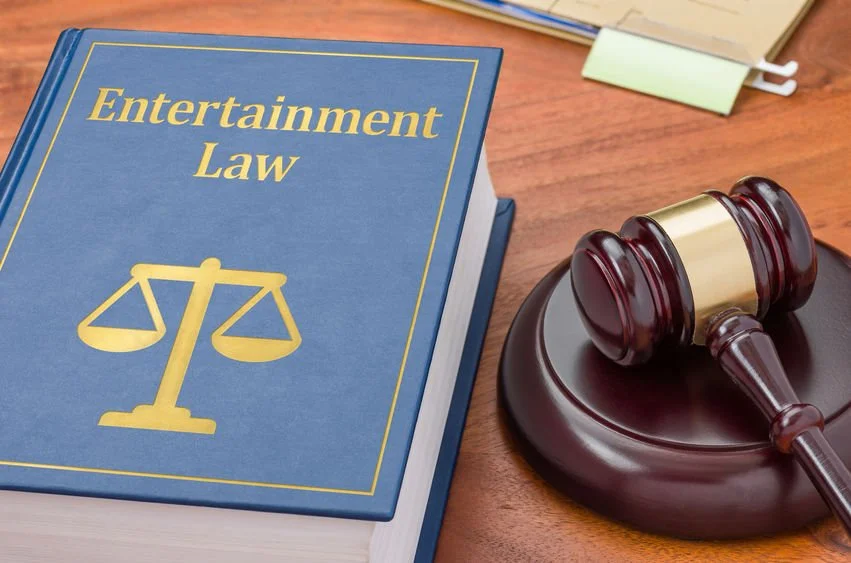What is a Performance Rights Organization (PRO)?
A Performance Rights Organization, or PRO, is an organization that collects royalties on behalf of songwriters and publishers for public performances and recordings of their work. A public performance occurs when a song is played in front of a substantial group of people. This includes over radio, streaming service, inside a business, at a sporting event, etc. If any song is played in public—live or recorded—the songwriter and/or publisher (depending on the parties’ own relevant agreements) is entitled to performance royalties. However, payouts from streaming services are generally extremely low compared to other mediums.
PROs are part of the broader umbrella of Collective Management Organizations, or CMOs, which deal with monitoring, licensing, and enforcing clients’ performance and mechanical (essentially, digital) rights. Organizations dedicated to collecting mechanical/digital royalties are known as Mechanical Rights Organizations, or MROs. There are two categories of song’s copyright: one for the ‘publishing,’ the underlying composition (notes and lyrics) and one for the actual recording of that composition. The composition is generally split between the music’s performers and publisher, while the recorded music is generally split between the performers and their label. Once again, the exact splits depend on the parties’ own relevant agreements.
Regardless of the exact royalty type(s) organizations manage, PROs/CMOs/MROs all generally license usage rights to music listeners, monitor the licensed use to ensure compliance, collect royalties, and distribute them to the copyright owner(s). These responsibilities can be complicated when it comes to an international artist. Most PROs claim to have “international affiliations,” essentially partnership agreements with PROs in other countries. The affiliates exchange royalties and usage reports to ensure that artists can collect royalties when their music is played across the world. However, this international PRO network may not
Should I Join a Performance Rights Organization?
If you’re a composer looking to monetize your compositions, a PRO is generally recommended. Songwriters or producers who wish to license public performances in the United States can join one (and only one) PRO a time. Publishers who wish to license public performances in the United States, on the other hand, may be members of multiple PROs simultaneously.
A songwriter or producer who signs with two (or more) U.S. PROs could be charged with fraud, especially if she is receiving royalty payments from both (or multiple) PROs.
Which Performance Rights Organization Should I Join?
The main PROs in the United States are ASCAP, the American Society of Composers, Authors and Publishers; BMI, Broadcast Music, Inc.; SESAC, [originally the] Society of European Stage Authors and Composers. Two organizations have emerged in the 21st century: SoundExchange, a dedicated CMO focused on digital recordings/performances, and AMRA, the American Music Rights Association, a digital collection society focused on collecting performance and mechanical royalties from global streaming services.
How Do I Join A Performance Rights Organization?
Writers/composers with at least one song written and available to the public or publishers actively engaged in music publishing business are eligible to join ASCAP and BMI. ASCAP charges a $50 one-time application fee. BMI charges $0 for writers, but publishers pay a one-time setup fee ($150-$250 depending on company structure). SESAC is invite only but SoundExchange is open to any legitimate sound recording rights owner, featured musician, backing musician, or backing singer. Neither require application fees.
Final Considerations
PROs do not cover ‘grand rights,’ music that directly accompanies action in a play, musical, or other scripted performance. They also do not cover ‘synchronization rights,’ music paired with action in an advertisement, TV show, or movie. Both of these licenses must be negotiated directly with the copyright owner, though EPGD can help facilitate this process.
*Disclaimer: this blog post is not intended to be legal advice. We highly recommend speaking to an attorney if you have any legal concerns. Contacting us through our website does not establish an attorney-client relationship.*

